Ethical Halloween Chocolate
The real horror this Halloween is buying chocolate from commercial brands that take advantage of impoverished farmers and child laborers, and add ingredients like palm oil and polyglycerol polyricinoleate.
Every October I find myself speaking to students in grades 2-12. Often the conversation turns to human rights issues around the harvesting of cocoa pods in Third World countries and how poorly the farmers are paid. Sometimes we do a deeper dive and discuss child labor and the Harkin-Engel Protocol, which is an international agreement aimed at ending the worst forms of child labor. Of course, this is all happening before their favorite holiday (and mine), Halloween!
So, inevitably, the students ask what chocolate is “ok” to purchase and hand out. Here’s my list. It’s always being updated. Companies are constantly being bought and sold so I try very hard to follow all of the news, but sometimes, a company has slipped through who has just been purchased by a larger less-ethical company. Please be aware that just because you might find something in Whole Foods or a company claims to be“ethical” or “sustainable” that is often a marketing tool and you would have to dig a bit deeper to learn that are owned by or the chocolate is manufactured by a multi-national company with less than perfect ethics (to say the least). Also, just because a chocolate is sugar-free or allergy-free, that does not make it sustainable or ethical. Hopefully, more and more chocolate makers will follow suit and make ethical chocolate!
Click these links to find out where you can get these ethical, affordable alternatives.
Askinose Chocolate Itty Bar Box
Equal Exchange Chocolate Minis
Enjoy Life Dark Chocolate Minis
